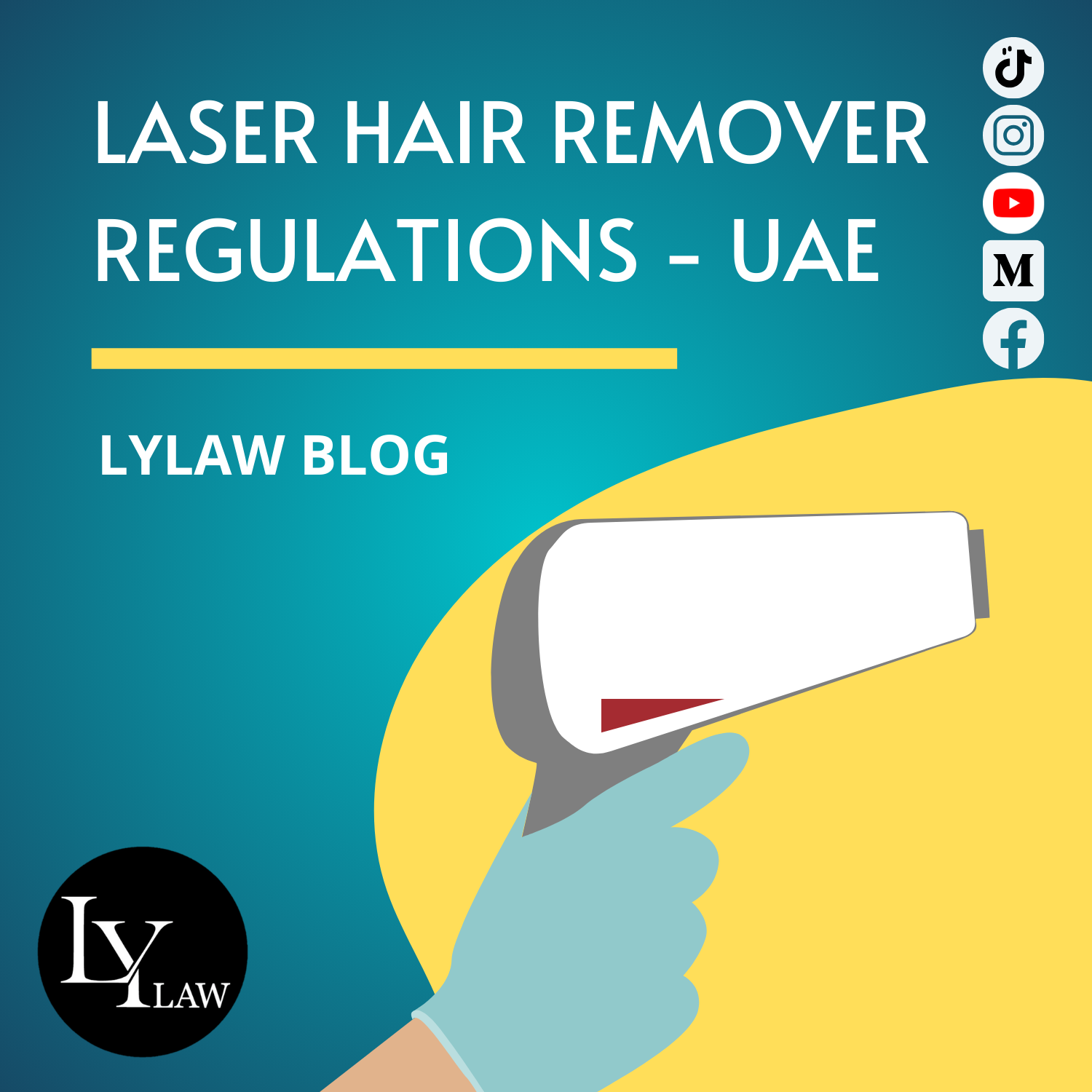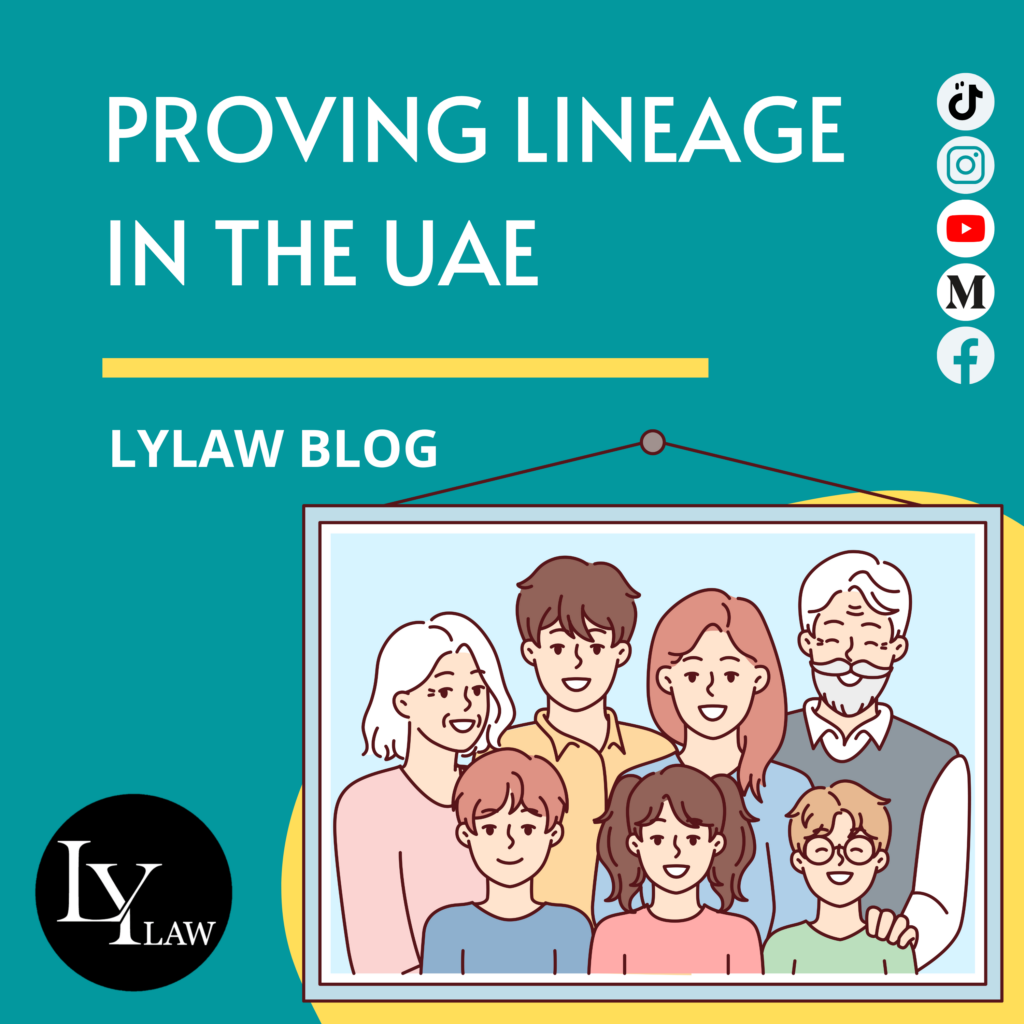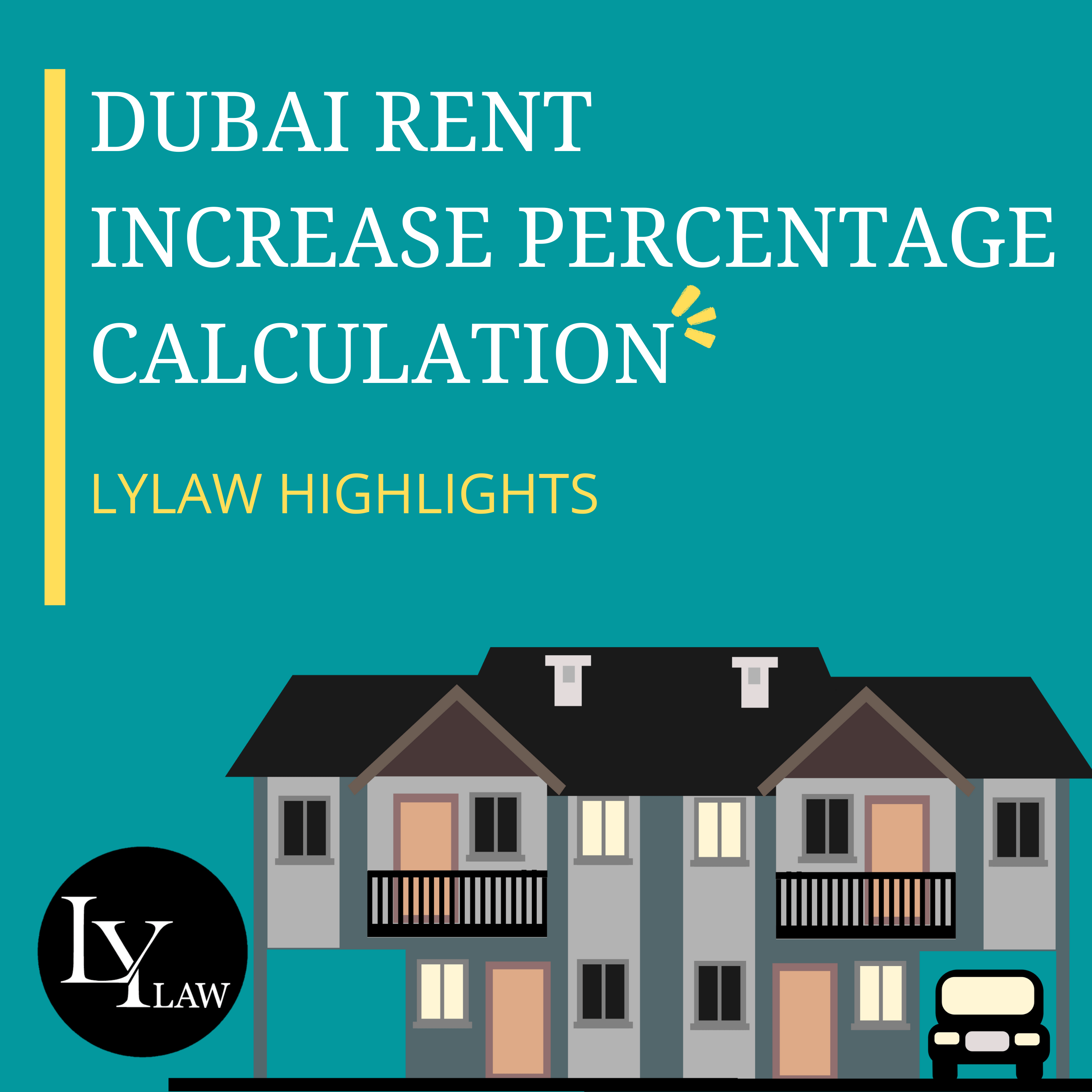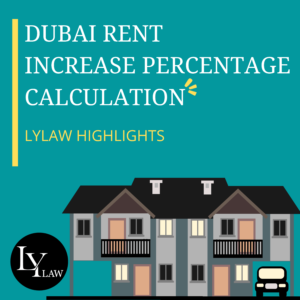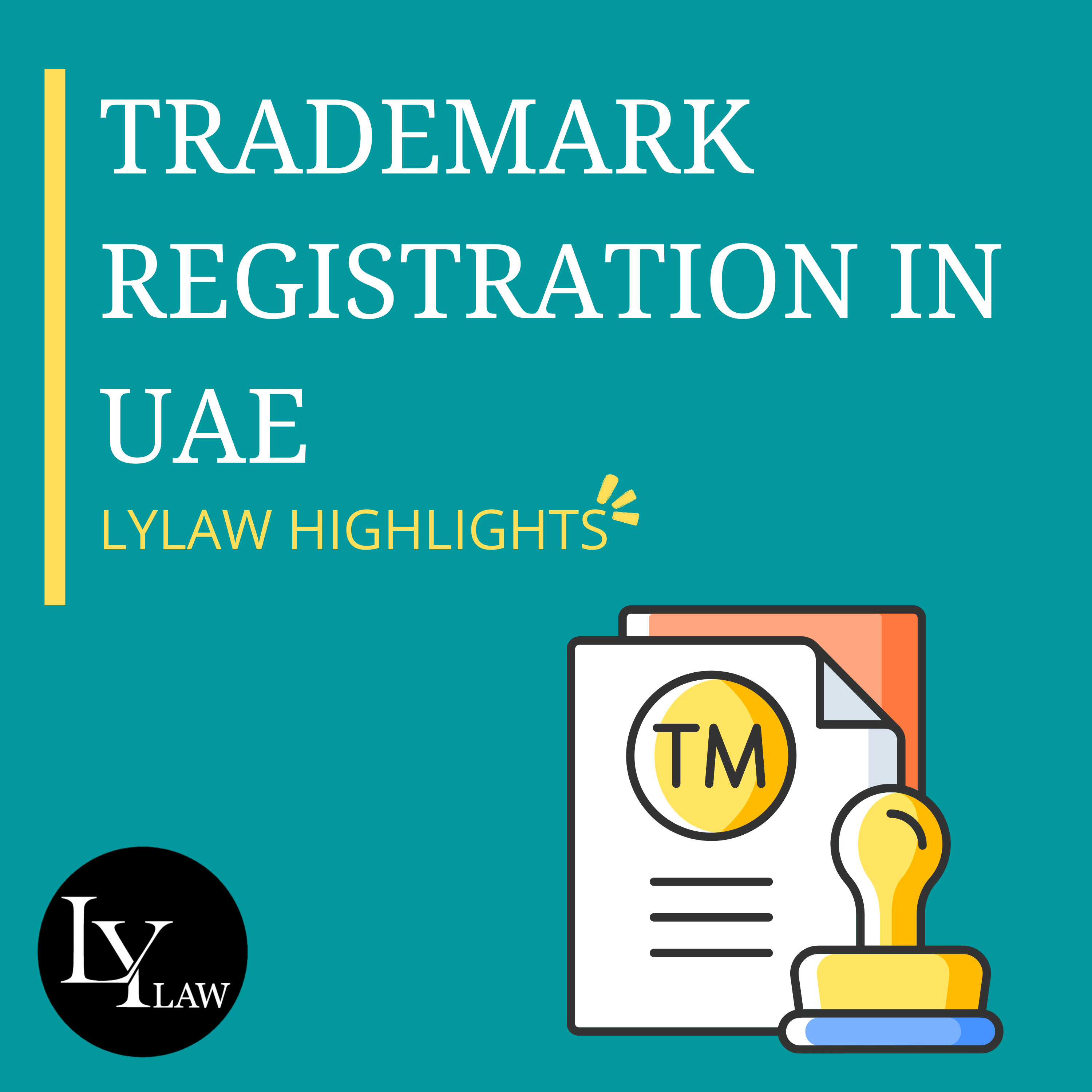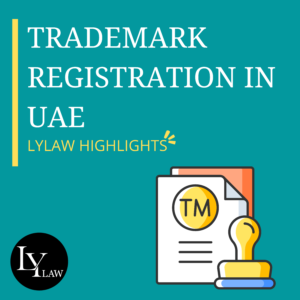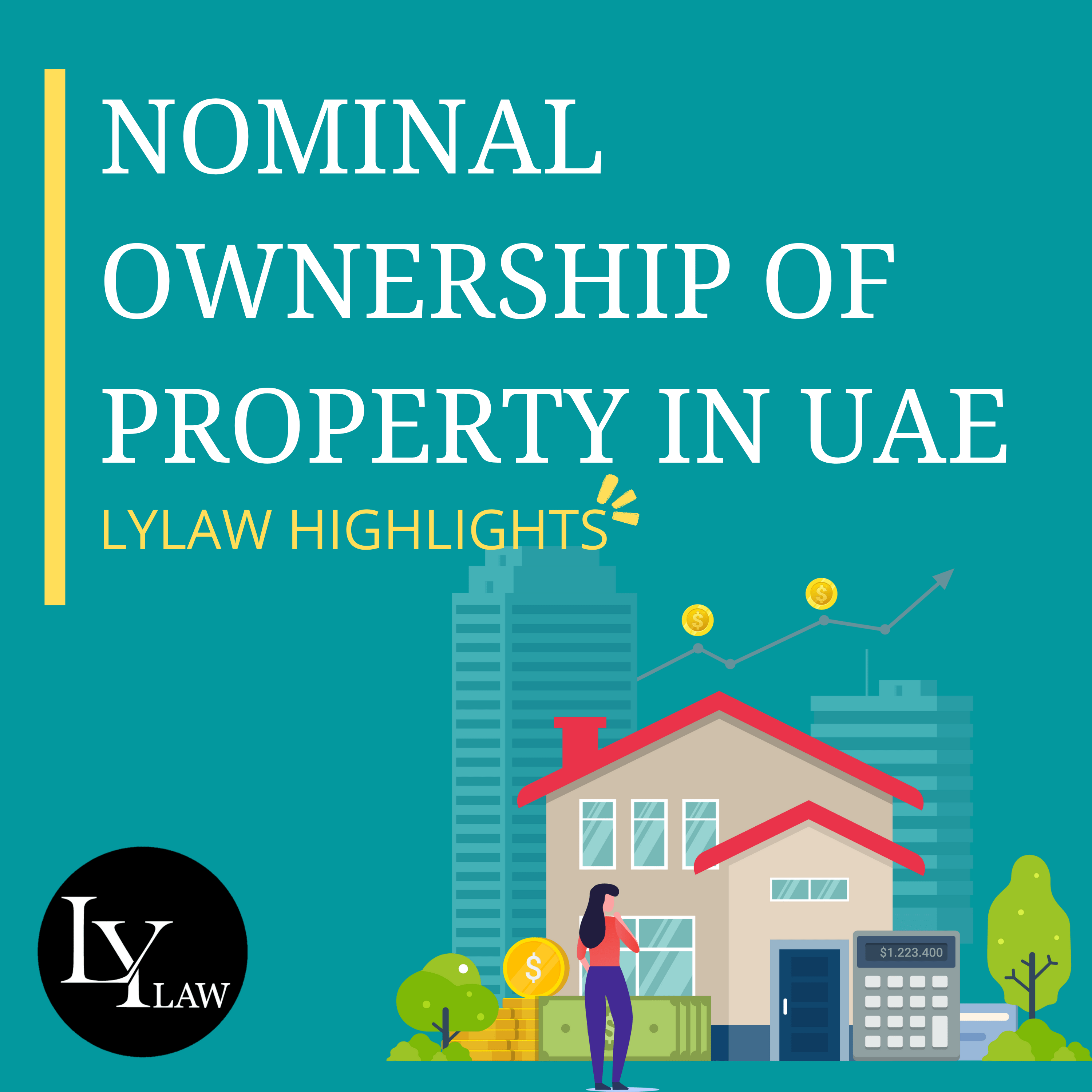Laser Hair Removal Regulations in Dubai

Laser hair removal and IPL (or intensive pulse light) hair removal treatment, in Dubai, is strictly regulated. The regulating authority over such treatment is the Dubai Health Authority, or DHA.
As a starting point, all laser and IPL hair removal procedures must be performed in DHA-licensed health facilities. Furthermore, health professionals performing hair laser procedures must have 1) a separate DHA license and 2) special training.
· Also, only certain health professionals are authorized to perform hair laser removal and IPL, and they are:
o Dermatologists
o Plastic surgeons, as well as
o Nurses, beauty therapists and consultants, who carry a DHA “laser technician” license.
There are also specific requirements and standards that every health facility, offering laser therapy, must fulfil. Such as, 1) minimum floor area, 2) appropriate layout and spacing, and 3) a series of safety and protective measures.
All of these requirements and more are set out, in detail, in the recently updated DHA’s Standards for Non-Surgical Cosmetic Procedures, Version 2, which became effective in August of 2022. And, in particular, Appendix 5.
Therefore, if you are considering any hair laser treatment, keep these regulations in mind and only seek treatment at properly licensed facilities, in order to protect yourself.

